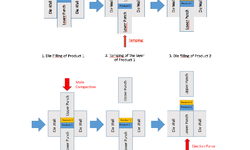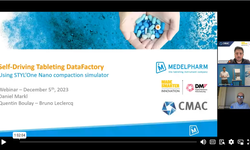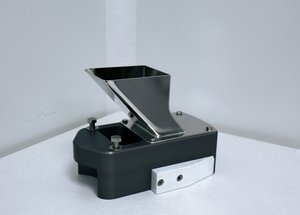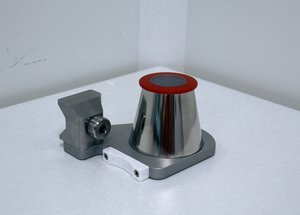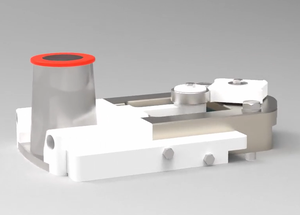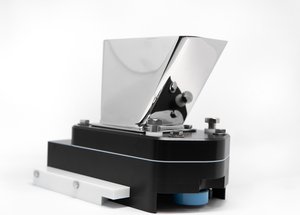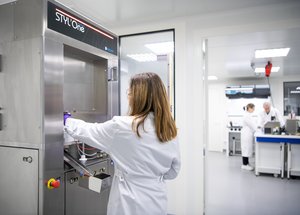Scientific papers
Micronized drug powders are often impractical for use as tableting feed to create minitablets due to their cohesiveness and poor flow properties. The addition of fumed silica (fSi) within an optimal concentration range (0.7–0.9%, w/w) effectively reduced the net negative charge of fine paracetamol powder (PCMF), enhancing its powder flow. The determination of the suitable fSi concentration range was based on measuring the charge and flowability of the silicified powders. However, the physical mixing of PCMF with fSi did not sufficiently overcome cohesive forces between PCMF crystals to improve powder flow for consistent tableting in smaller die orifices.
To address this issue, a specialized fluid bed system, incorporating swirling air and side spray, facilitated controlled granulation of silicified PCMF. This process effectively packed and agglomerated the needle-shaped PCMF crystals, transforming them into diminutive granules with a more spherical and free-flowing nature. Employing optimized fSi concentration (approximately 0.8%, w/w) and granulation process parameters resulted in the successful preparation of diminutive granules (D50 ≃ 90 μm) from PCMF starter seeds (D50 ≃ 30 μm) with a high drug load.
Minitablets produced from these diminutive granules exhibited low weight variation, mechanical strength, and a disintegration time of less than 30 seconds. This study illustrates the feasibility of generating high drug load minitablets from a cohesive, electrostatic-prone fine drug powder.
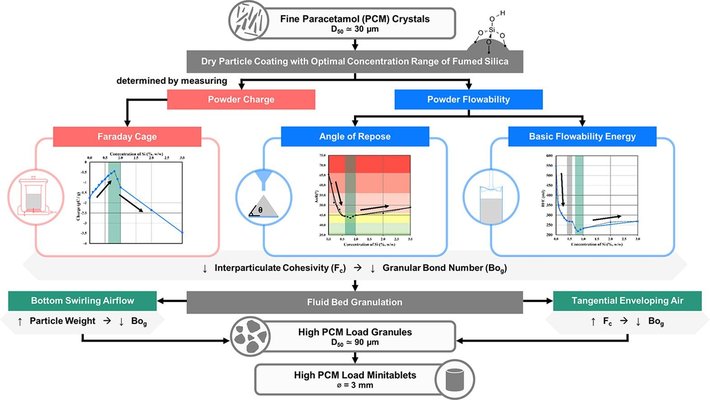
Comments
No comments posted yet.
Add a comment

